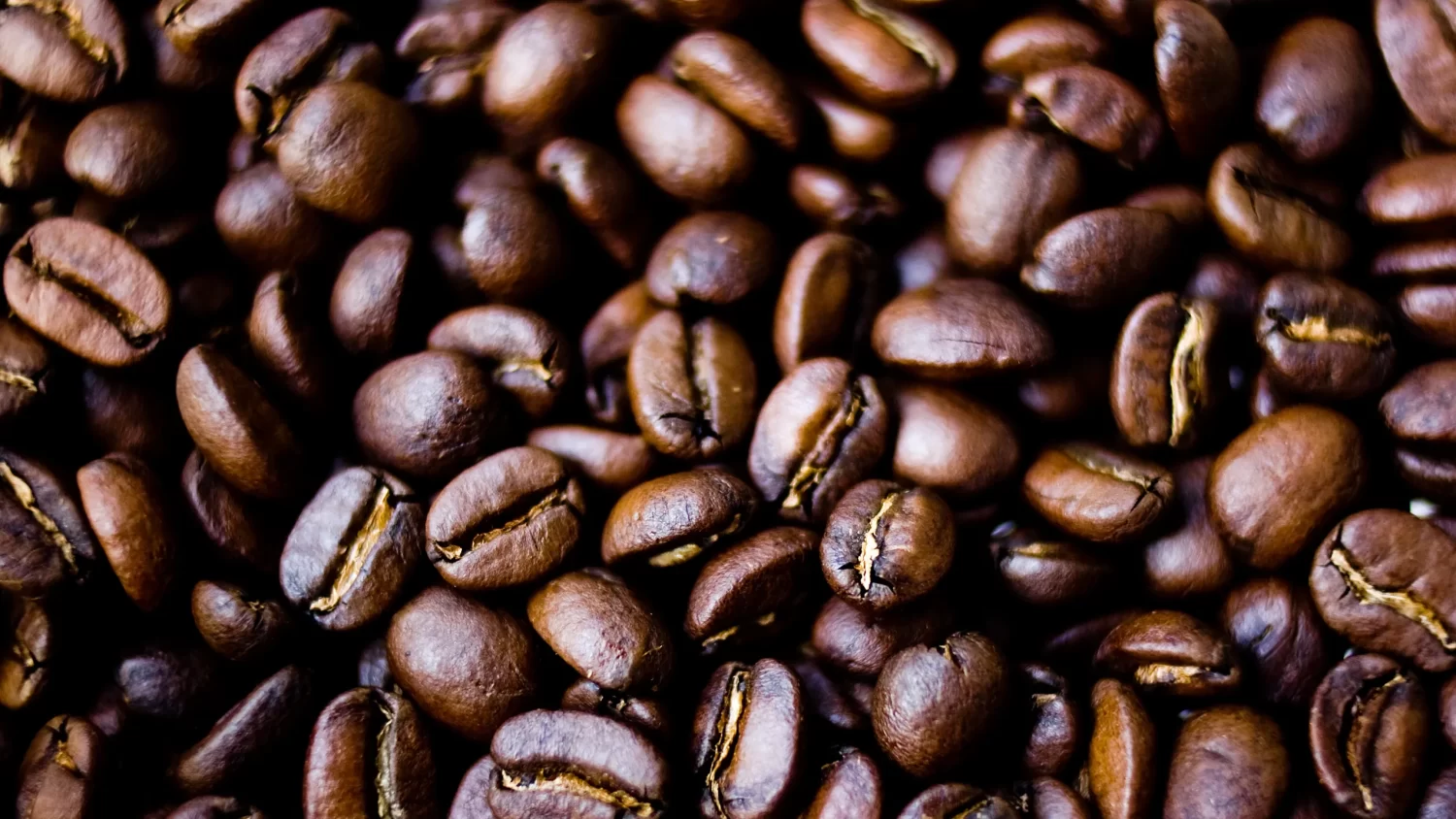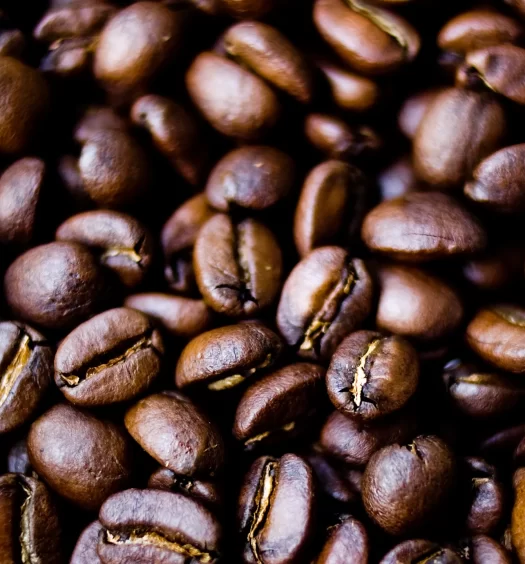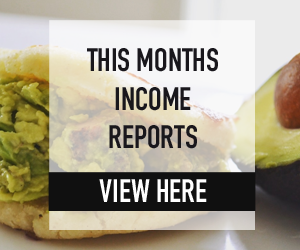For those who are looking for a more sustainable and environmentally-friendly option, the Juan Valdez organic blend is an excellent choice. This coffee is made using beans that are grown according to strict organic farming practices, which means that they are grown without the use of synthetic pesticides or fertilizers. In this article, we’ll take a closer look at the benefits of organic coffee and how it compares to conventional coffee.
What is Organic Coffee?
Organic coffee is coffee that is grown using organic farming practices. These practices are designed to minimize the impact of farming on the environment and to produce crops that are healthy and sustainable. To be certified as organic, a coffee farm must follow a set of strict guidelines that are set by the government or a third-party certification agency. These guidelines cover everything from the use of pesticides and fertilizers to the treatment of the workers on the farm.
The Benefits of Organic Coffee
There are many benefits to choosing organic coffee. For one thing, organic coffee is generally considered to be more sustainable and environmentally friendly than conventional coffee. This is because organic farming practices are designed to minimize the use of synthetic chemicals and to promote soil health and biodiversity. As a result, organic coffee is often grown in a way that is more in harmony with the natural environment. Additionally, organic coffee is often considered to have a richer and more complex flavor profile than conventional coffee, as it is grown in a way that allows the full range of flavors and aromas of the beans to develop.
The Drawbacks of Organic Coffee
While organic coffee has many benefits, it is not without its drawbacks. One issue is that organic coffee can be more expensive than conventional coffee. This is because organic farming practices are generally more labor-intensive and require more resources, which drives up the cost of production. Additionally, some people find that organic coffee lacks the bold, robust flavors that are characteristic of conventional coffee. This is because organic coffee is often grown at higher altitudes, where the beans develop more slowly and tend to have a brighter, more acidic flavor.
How to Choose the Best Organic Coffee
If you’re interested in trying organic coffee, there are a few things to consider when choosing the best option. First, look for a coffee that has been certified as organic by a reputable third-party certification agency. This will ensure that you are getting a coffee that has been grown according to strict organic farming practices. Additionally, consider the flavor profile of the coffee. Some organic coffees are more successful at preserving the flavors and aromas of the original beans than others, so be sure to read reviews and taste test different options to find the one that you like best.
Other ways people asked this question:
- What is Juan Valdez organic coffee?
- How is organic coffee different from conventional coffee?
- What are the benefits of organic coffee?
- What are the drawbacks of organic coffee?
- How do I choose the best organic coffee?















